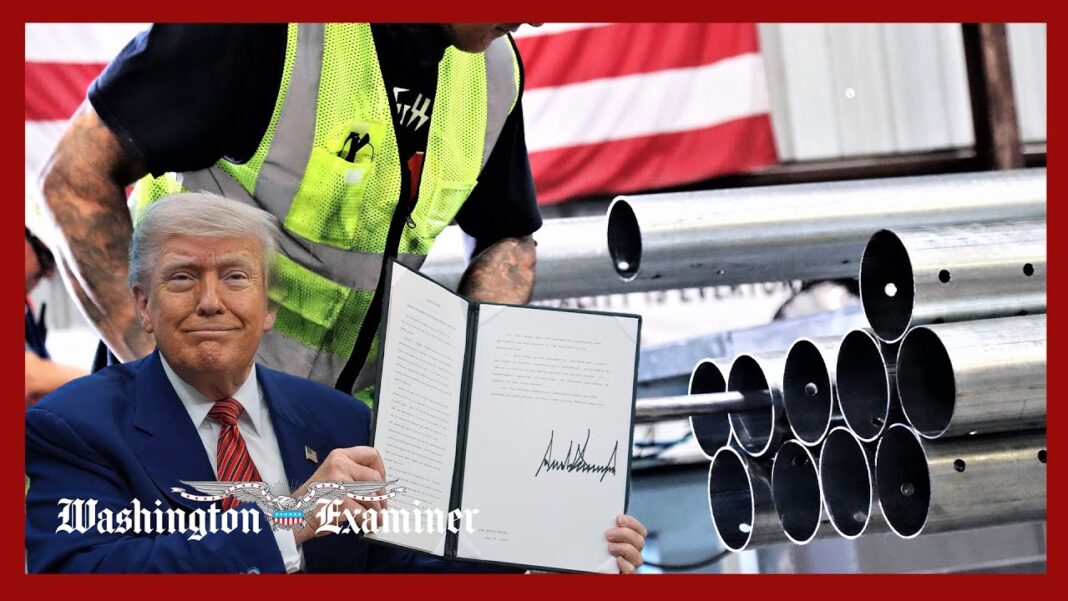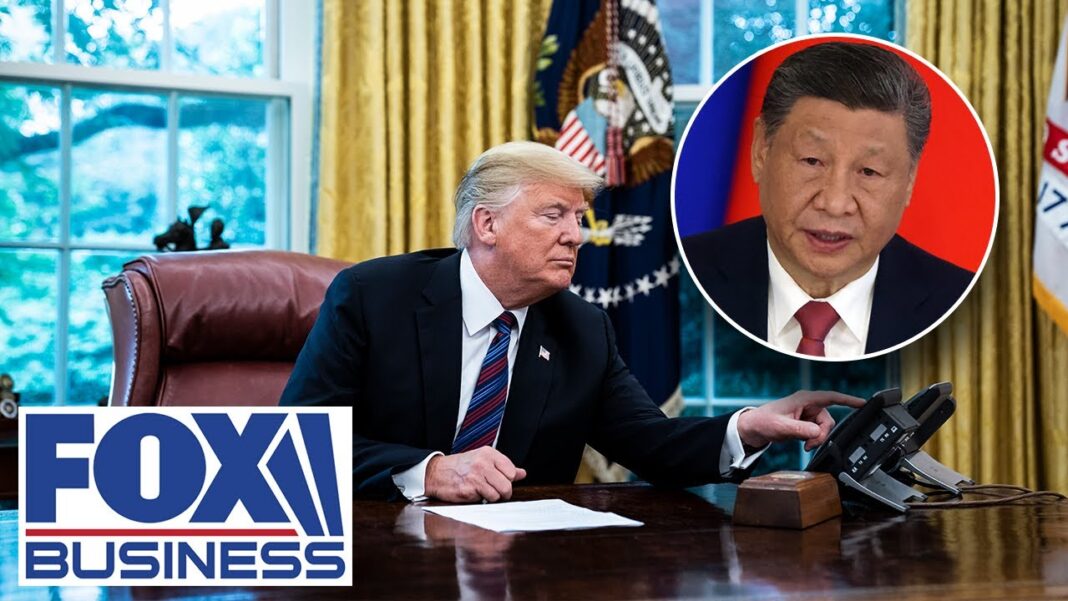Editor-in-chief Jasper Fakkert condemns Beijing’s ongoing pressure campaign to target the U.S.-based publication.
As President Donald Trump toured Asia in late October, an Epoch Times reporter traveling with the White House staff encountered repeated roadblocks in accessing key press events, which fit an ongoing pattern of Chinese Communist Party (CCP) interference.
The Epoch Times, along with its sister outlet NTD, was ultimately denied access to two key press events at which world leaders gathered in late October: the Association of Southeast Asian Nations (ASEAN) Summit and the Asia-Pacific Economic Cooperation (APEC) forum.
Both summits revealed the regional power of Beijing, which signed trade pacts and pressed for stronger trade ties with nations already heavily tethered to China economically.
Before arriving in Asia, Epoch Times staff members had received pre-approved press credentials for the summits, along with other reporters.
However, The Epoch Times was the only pre-approved organization to later be denied access by summit organizers after a series of twists and turns involving communications discrepancies, employees who passed the buck, unlikely tech glitches, failed promises of press credentials, and sudden reversals of statements.
The incidents mirrored previous cases of press access denials, several of which had clear links to Beijing.
“The Chinese Communist Party is an enemy to freedom of the press,” Epoch Times editor-in-chief Jasper Fakkert said in a statement. “It is deeply concerning that the regime is able to exert influence over international groups such as the United Nations and ASEAN to target America’s 4th largest newspaper.”
‘Enemy to Freedom of the Press’
The Epoch Times is headquartered in New York City and has more than 1 million subscribers.
Since its founding, the publication has been persistently targeted by the CCP, with tactics ranging from overt threats and behind-the-scenes pressure on local authorities to Chinese delegates physically blocking access.
In 2000, the regime arrested The Epoch Times’ first reporters and contributors in China, sentencing several to 10 years in prison. In the newspaper’s early years, Chinese state agents threatened Epoch Times advertisers and Chinese diplomats actively tried to interfere with the publication’s newsgathering. The United Nations, which denied access to Epoch Times reporters most recently in September, acknowledged in 2003 and 2004 that U.N. officials had received pressure from China about the publication’s media access.
The intimidation campaign has continued over the years; the regime at times has directed hackers to attack The Epoch Times website and infiltrate the email accounts of top Epoch Times executives.
By Eva Fu







